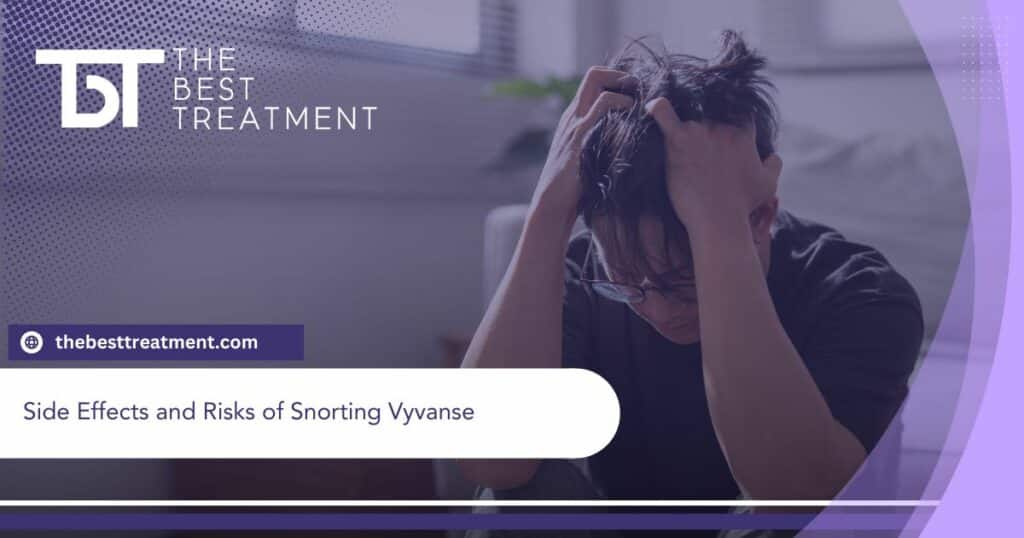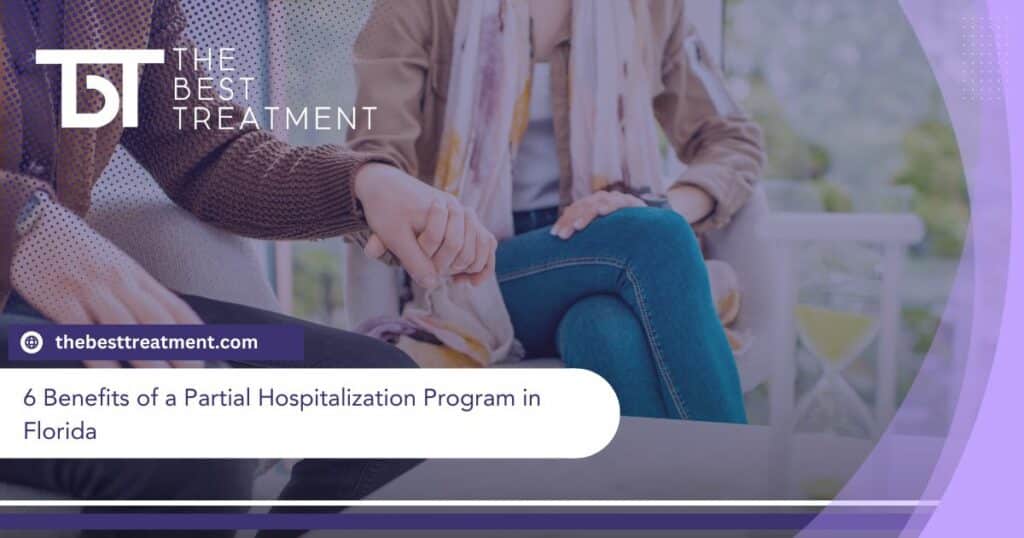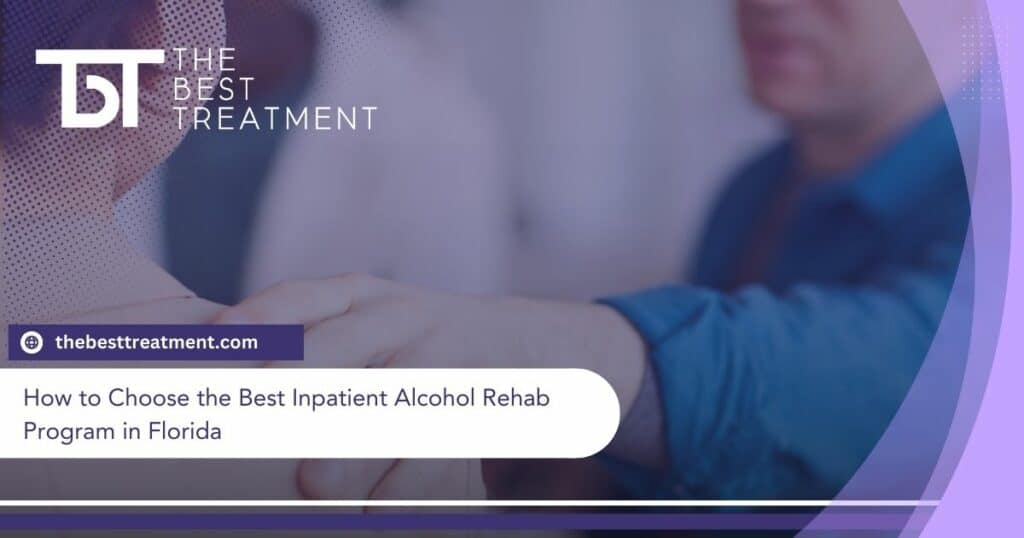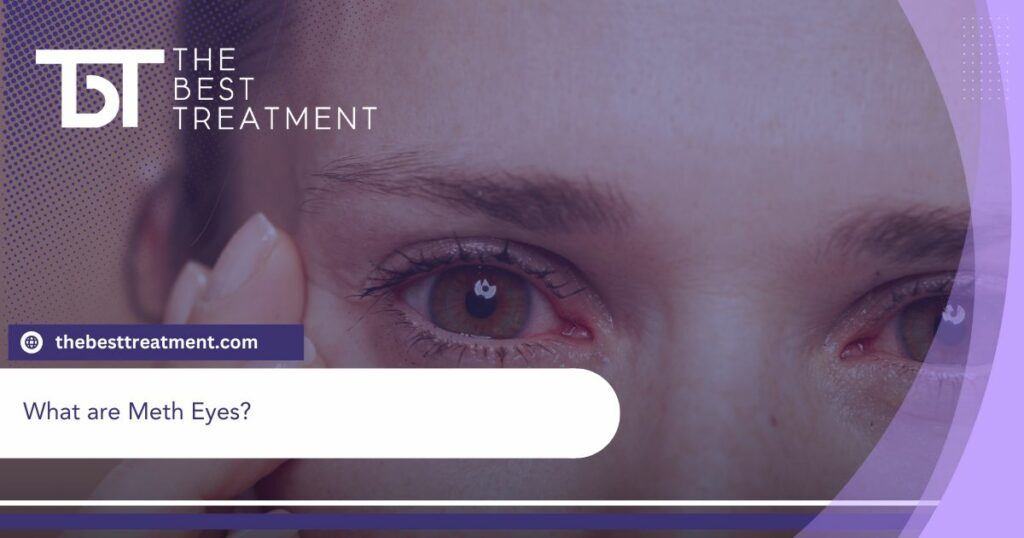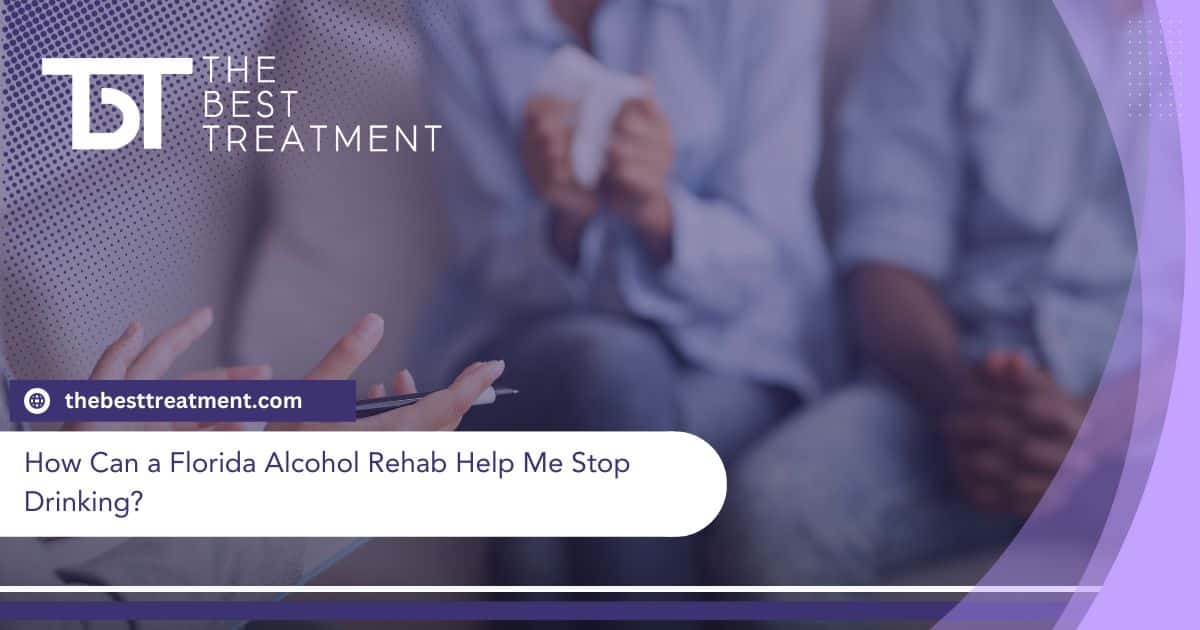Table of Contents
Alcohol abuse and addiction are progressive conditions that can develop slowly over time. What begins as occasional binge or heavy drinking can spiral into a life-threatening addiction that damages your physical, social, and mental health.
The effects of alcohol addiction can be profound and widespread: depression, anxiety, liver damage, increased risk of cancer, weight changes, cardiovascular disease, job loss, legal problems, and more. Alcohol abuse and addiction don’t just affect a person’s body but their mind, relationships, and ability to function, too.
To avoid the worst consequences of alcohol addiction, people require comprehensive treatment to address the complexities of their alcohol use and learn to prevent relapse for life. Many things can keep people from asking for help when they need it, including the stigma surrounding alcohol addiction, worrying about how to pay for treatment or uncertainty about what to expect from alcohol rehab.
This article will explore what happens in a Florida alcohol rehab center, how to recognize that you need treatment, and how to find the help you need. Reach out to the specialists at The Best Treatment now to learn about our supportive rehab programs or to schedule an intake assessment.
What Happens in a Florida Alcohol Rehab Center?
Alcohol addiction treatment happens in progressive stages. Knowing what to expect at each stage can motivate you to continue rehab, even when it feels challenging.
Assessment
Alcohol addiction treatment is not one-size-fits-all. Each person has their own unique needs and goals during treatment, and specialized care is crucial.
Before beginning treatment at a Florida alcohol rehab center, you’ll undergo an assessment that includes:
- Mental health and medical history
- Family history of addiction and rehab
- Questions about your substance use
- Physical exam
- Lab testing
This information will allow your treatment team to determine what level of care you require and help them create an effective, individualized treatment plan.
Detox
Alcohol addiction can develop when someone drinks so much that their body develops a physical dependence on it. When someone has a physical dependency on alcohol, their body requires alcohol to function. If they suddenly stop drinking, they’re likely to experience withdrawal symptoms.
Alcohol withdrawal symptoms can make people very uncomfortable–and can sometimes be dangerous. Common symptoms include:
- Dizziness
- Confusion
- Mood swings
- Body aches
- Nausea and vomiting
- Elevated blood pressure
- Anxiety
- Depression
- Seizures
People also experience intense, persistent cravings for alcohol that can feel nearly impossible to avoid. These symptoms and cravings make it very difficult for people to complete the detox process. Most who attempt to detox independently relapse before detoxification is complete.
In a Florida alcohol rehab center, you will receive the treatment and support you need to get through withdrawal and detox safely. Treatment is tailored to meet each person’s needs, but typically includes:
- Medications to reduce cravings and other withdrawal symptoms
- Emotional support, including individual and group therapy when appropriate
- Nutrition support, massage, yoga, and other holistic therapies
- Supervision
- Round-the-clock availability of psychological and medical support
The support of a Florida alcohol rehab will help you have a safe, complete detox so that you are ready to engage in treatment.
Treatment
It’s important not to stop after completing detox. Alcohol addiction is not just a physical disease. It involves your environment, emotions, and behaviors, too. After completing detox, you must continue to participate in a comprehensive alcoholism treatment to address the psychological, behavioral, and environmental aspects of your drinking–and to learn new skills to
Simply put, the goal of alcohol rehab is to help someone get sober, to understand why they abuse alcohol, and to give them the skills and support they require to avoid relapse for the rest of their lives.
Typical alcohol rehab plans include:
- Medications
- Mental health and medical treatment
- Individual counseling and behavioral therapies
- Group therapy
- Family therapy
- Relapse prevention education
- Coping skills practice
- Aftercare planning
Your treatment team will continue to assess your needs as you progress in recovery and adjust your treatment plan as needed.
The length of your Florida alcohol rehab program depends on the severity of your addiction, your mental and physical health, and other factors. Many people begin treatment in an inpatient program and then move to outpatient care when they’ve stabilized.
Aftercare
Alcohol addiction can’t be cured, but you can learn how to manage it and avoid relapse. During rehab, you’ll begin to develop an aftercare plan to stay active in recovery after leaving a structured treatment setting. Your aftercare plan may include:
- Sober living
- Regular medical and mental health care
- Individual therapy
- 12-step meetings or other group support
These and other activities will keep you engaged and committed to recovery so that you can live the healthy, sober lifestyle you choose for the rest of your life.
Find a Florida Alcohol Rehab Now
Because drinking is so common in our culture, it can sometimes be tricky to determine when you’ve crossed the line into heavy drinking. Alcohol abuse changes the way you look, feel, and behave. If you’ve noticed that you’ve been drinking more than usual, need to drink more to feel buzzed, have cravings, or have withdrawal symptoms when not drinking, you may need help to safely stop drinking and regain control over your health,
The specialists at The Best Treatment can help. Call now to learn about our comprehensive alcohol addiction rehab programs or to schedule an intake assessment. Don’t settle for the life alcohol addiction chooses for you. Get the help you need to live the life you want. Reach out now to get started toward a healthier future.
Medically Reviewed: September 25, 2019

All of the information on this page has been reviewed and verified by a certified addiction professional.





